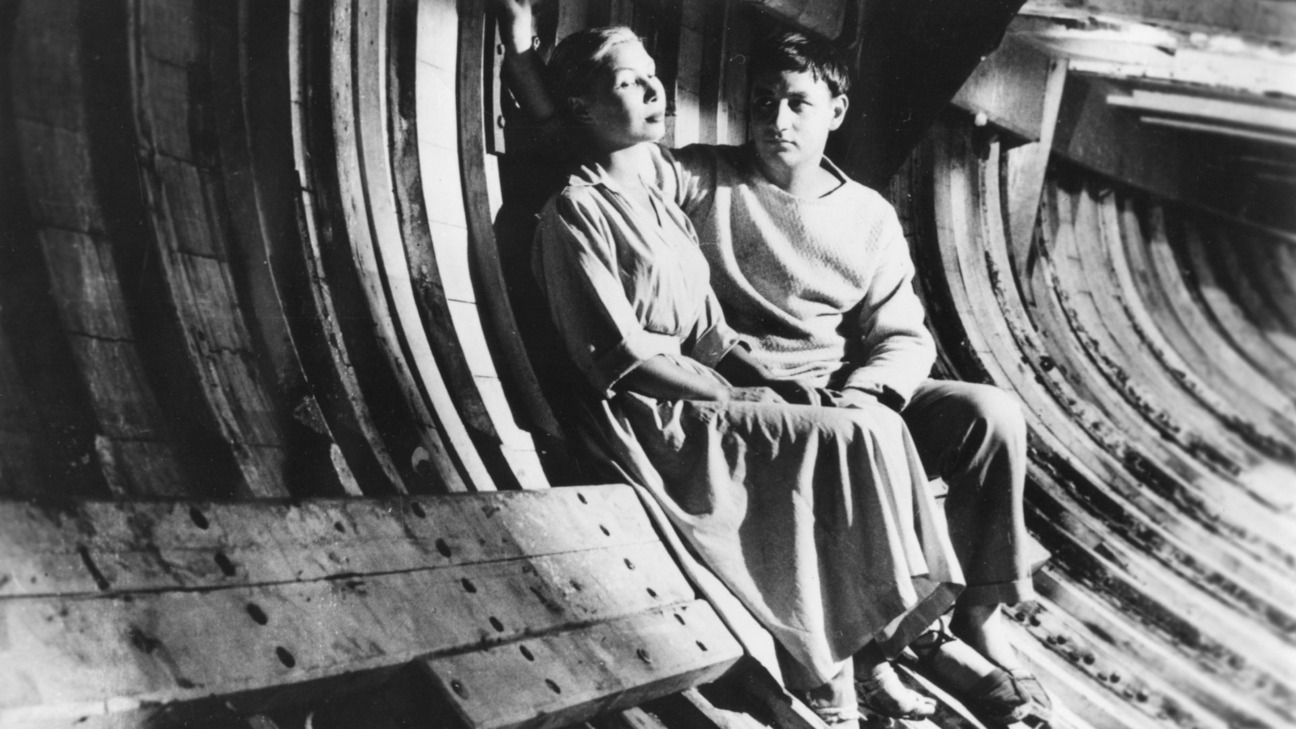Admission:
General $10
Student $7
July 29, 2025, 8:30pm
Brooklyn 11205
USA
Join us at the e-flux Screening Room rooftop for History Remade, the final program of the four-part series Decision Moment, presenting artists' films and cinema features that reflect on historical moments of action and inaction and examine cinematic ways of approaching them.
At the core of each screening lies a past event shaped—knowingly or not—by a decision pursued, postponed, or left unmade, whose consequences continue to linger. Rather than reconstructing the past events as heroic acts, the films presented in this program embrace the limits of linear narration as ethical commitment to the complexities of historical decisions, and encourage viewers to reflect on their own actions and decisions in the present.
Screenings take place on Tuesdays from July 8–29, 2025, and begin after sunset.
IV: History Remade
Tuesday, July 29, 2025, 8:30pm
Can cinematic reenactments create new spaces for critique and self-reflection? Rea Tajiri’s Off Limits (1988) and Mohsen Makhmalbaf’s A Moment of Innocence (1996) reflect on the ethical and aesthetic implications of remaking past events—not only in order to achieve a deeper understanding of history but also to envision new perspectives for the future.
Rea Tajiri, Off Limits (1988, United States, 8 minutes)
Juxtaposing the text of another film titled Off Limits (1987), which portrays Saigon in 1968, with the soundtrack and visuals of the ending of Easy Rider (1968), Tajiri plays with the evocation and emptiness of the image across the two representations. She blacks out parts of Easy Rider while the words of a Vietnamese assassin crawl up the screen, building a structure of selective memory. The film points to the similarities and contradictions between 1960s hippie iconography and memories of the Vietnam War.
Mohsen Makhmalbaf, A Moment of Innocence (1996, Iran, 78 minutes)
In a deeply self-reflexive film, Mohsen Makhmalbaf casts himself and his former adversary—a policeman he stabbed in his youth—as directors of parallel reenactments of the event. The film folds autobiography into fiction, revolutionary fervor into post-revolution disillusionment, and reopens the wound it cannot heal. Cinema for the Iranian director becomes the site of unfinished business, where memory is reconstructed not to settle the past, but to examine its enduring claims on the present.
For more information, contact program@e-flux.com.










